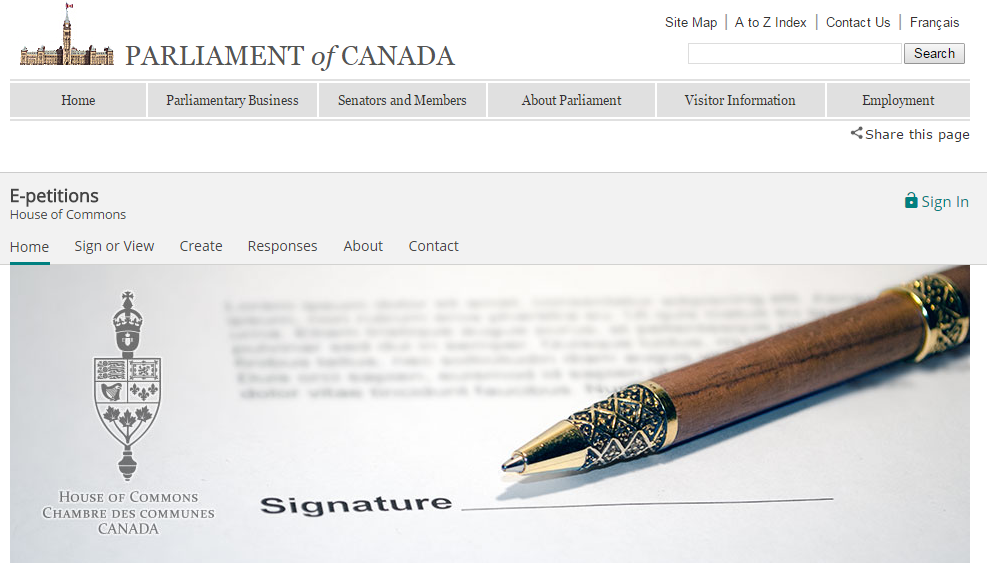OTTAWA – Canada’s exercise in e-democracy is getting its first major — perhaps incendiary — test from a former New Democrat MP and his online petition demanding a judicial inquiry into the alleged torture of prisoners during the Afghan war.

Former Toronto MP Craig Scott, who lost in the Oct. 19 election, says despite Federal Court battles and an inquiry by a military watchdog, many unanswered questions remain about what the former Conservative government knew about the suspected abuse of Canadian-captured prisoners.
A new House of Commons petition process, which went digital earlier this month, allows people with an interest in federal policy to register their support electronically. Earlier petitions have included calls for a ban on pet shock collars and a moratorium on tax-free savings changes.
READ MORE: B.C. man launches formal petition to bar Trump from Canada
Under the new system, e-petitions that get at least 500 signatures and are sponsored by a sitting MP are formally tabled in the Commons.
If that happens, the government is obliged to provide a written response, posted online, within 45 days.
“Without a major public push, I don’t think the Liberals as whole will be all that keen to call an inquiry,” said Scott, an Osgoode law school professor before entering politics.
“Some of this happened on the watch of a previous Liberal government.”
- Canadian man dies during Texas Ironman event. His widow wants answers as to why
- ‘Sciatica was gone’: hospital performs robot-assisted spinal surgery in Canadian first
- Honda’s $15B Ontario EV plant marks ‘historic day,’ Trudeau says
- Several baby products have been recalled by Health Canada. Here’s the list
Earlier this fall, the Rideau Institute released a report that thoroughly chronicled the legal, political and moral controversy over Afghanistan that gripped Stephen Harper’s government for the better part of three years.
Although the report contained no new information, the think tank also called for a public inquiry, describing the mistreatment allegations as serious, unfinished national business.
Ideally an inquiry should delve into not only the transfer of prisoners during the five-year war in Kandahar, but also the handling of prisoners by Canadian special forces going back to 2001, said Scott.
READ MORE: Military police watchdog to investigate alleged abuse of Afghan detainees
His petition, which has the support of B.C. NDP MP Kennedy Stewart, calls for not only an investigation into the government’s policy, but also whether or not Parliament failed to hold the Harper government to account.
At the outset of the Kandahar campaign, Paul Martin’s Liberal government signed a flawed agreement with President Hamid Karzai’s administration that didn’t allow Canadians to keep tabs on prisoners they captured after handing them over to Afghan authorities.
When allegations arose in the spring of 2007 that some Afghans who’d been captured by Canadians may later have been tortured while in custody, the Harper government scrambled to rewrite the deal.
At the same time, the Military Police Complaints Commission investigated whether military cops knew — or should have known — about reports of torture by Afghan jailers. The case was launched by Amnesty International and the B.C. Civil Liberties Association, which also fought to halt the hand overs in Federal Court.
A serving diplomat, Richard Colvin, came forward in 2009 to say his warnings about alleged abuse had been ignored by the Harper government. The crisis over his testimony and the refusal by federal lawyers to hand over documents related to the military watchdog’s inquiry almost led to the collapse of Harper’s minority government.
Despite concern that international law may have been broken, the issue faded away after Canada withdrew from Kandahar.
“The Liberals as a whole might not want to open this can of worms, but having said that the foreign affairs minister is a man of great integrity — Stephane Dion,” said Scott.
He noted that it was Dion, as a former Liberal leader and later as an opposition MP, who reviewed secret government documents who raised concerns in 2011 that Canadians didn’t get the full story of what happened.
“At the end of it Dion made sure to comment publicly that he saw very worrying things that we — basically Canadians — need to know more about,” Scott said.
E-petitions remain open and active on the parliamentary web site for 120 days.
Check out the government of Canada’s new e-petition website by clicking here.



Comments